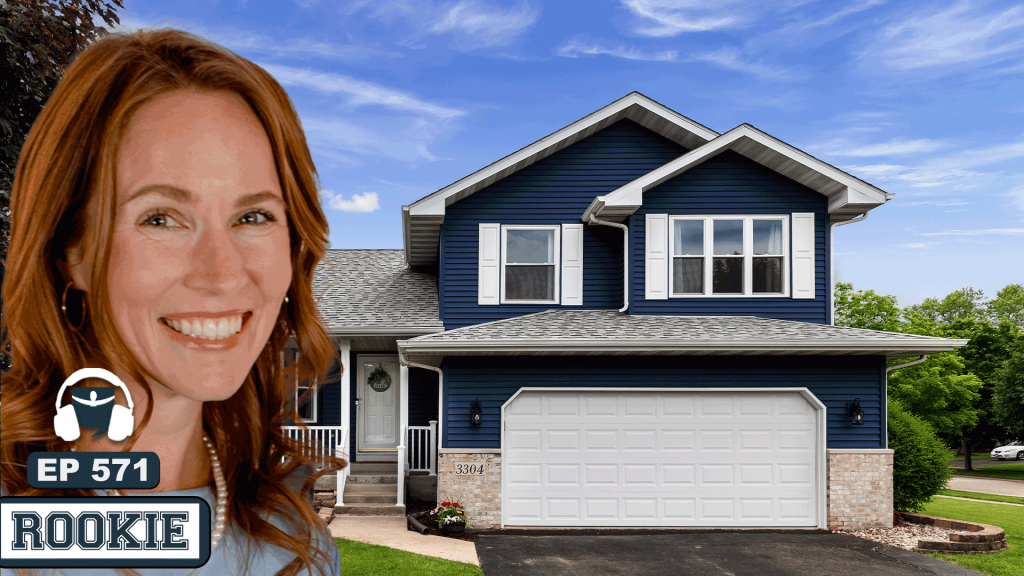Essential Starter Rentals & Budget Guide for Newbies
Embarking on the journey of life in a new location or stepping into adulthood with your first rental can be both exhilarating and daunting. Whether you are a recent graduate, starting a new job, or simply seeking independence, navigating the rental market often requires guidance, especially for first-timers. This article provides essential tips and a budget guide tailored for newbies embarking on this exciting transition.
Understanding Your Needs
Before diving into listings and lease agreements, it’s crucial to identify your priorities. Consider factors such as:
Location: Proximity to work or school, access to public transportation, safety, and nearby amenities like grocery stores and gyms.
Budget: Understanding your financial limits is essential. Experts recommend that rent should not exceed 30% of your monthly income.
Size and Type: Consider whether you need a studio, one-bedroom, or a bigger space. Think about how much furniture you currently own and what you might need to purchase.
Must-Have Amenities: Identify essential amenities like heating, air conditioning, laundry facilities, or pet allowances.
Essential Starter Rentals
Here’s a list of essential items and services that new renters might consider:
Furniture:
- Bed and Mattress: A good night’s sleep is crucial, so investing in a comfortable mattress is worthwhile.
- Seating: A small sofa or armchair can make your living space cozy.
- Table and Chairs: Opt for a compact dining set that can double as a workspace.
Appliances:
- If your rental doesn’t come with a refrigerator or microwave, be sure to check compatibility with your space and outlets.
Kitchen Essentials:
- Basic cookware, utensils, plates, and glasses. Start with essentials like a saucepan, frying pan, chef’s knife, and cutting board.
Linens and Towels:
- Purchase a couple of sets to accommodate laundry cycles.
Cleaning Supplies:
- Basic cleaning supplies like a vacuum, broom, mop, and cleaning agents help maintain your space.
Personal Touches:
- Adding curtains, artwork, or rugs can make your rental feel like home.
Budgeting Basics
Creating a comprehensive budget is crucial for financial stability in your new space. Here’s a starter guide:
Upfront Costs:
- Security Deposit: Typically first and last month’s rent.
- Application Fees: Fees charged by landlords or management companies for processing your application.
Monthly Expenses:
- Rent: Your top expense, as previously advised, keep it under 30% of your income.
- Utilities: Water, gas, electricity, and internet. Some rentals may include these in the rent, so always ask.
- Renter’s Insurance: Protects your belongings and is highly recommended.
Additional Savings:
- Create an emergency fund for unexpected expenses such as urgent repairs or illness.
Smart Savings Tips
Shop Secondhand: Look for quality secondhand furniture and appliances. Online marketplaces, thrift stores, and sales can offer great bargains.
Minimalism: Stick to the essentials first and gradually expand your possessions as needed.
Utilities Management: Be mindful of your energy use to keep utility bills low. Simple habits like turning off lights and using energy-efficient bulbs can make a difference.
Conclusion
Transitioning to your first rental is a milestone filled with opportunity and growth. By understanding your needs, planning your budget, and smartly furnishing your new space, you can transition smoothly into your new routine. Remember, your first rental is not just a roof over your head; it’s the beginning of your journey into independence and personal growth. Enjoy the process, and take small steps toward making your new place truly feel like home.

